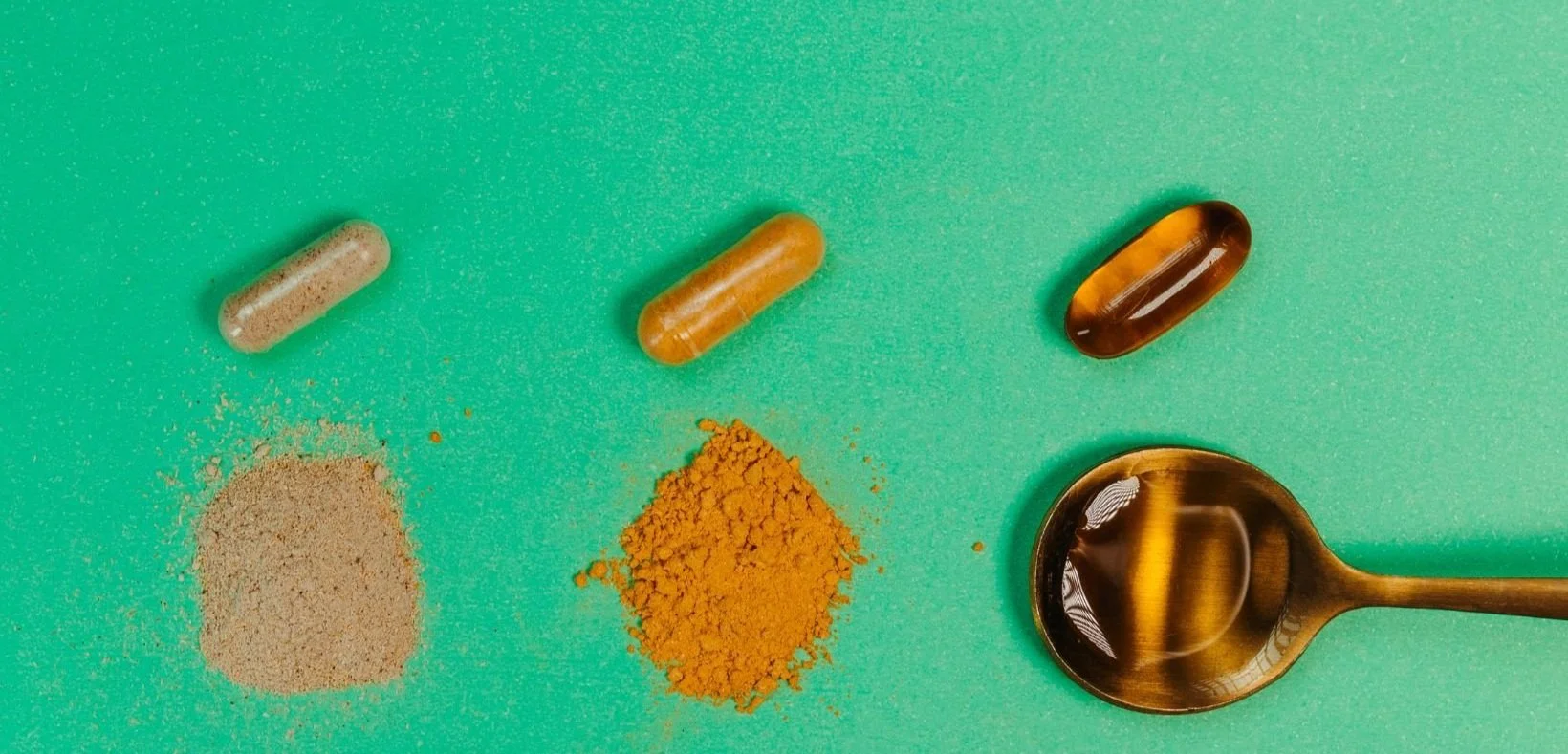Ever heard of biological age?
It’s the idea that your body and cellular function can be older or younger than your calendar years.
Just think about smokers vs. non-smokers. We can all agree that smoking ages your body faster, right?
Well, a new study shows that a poor diet does too👇
Not only that, but it happens even in very young adults.
The study compared twins between the ages of 20 and 25 and found:
🥦 Diets high in fruits & veggies = slower biological aging
🍔 Diets high in red meat, fast food & sugary drinks = faster biological aging
The study used epigenetic clocks—an advanced way to measure biological aging at the cellular level.
Even after accounting for factors like exercise, smoking, and body weight, diet still had an independent effect on aging.
Maybe you’re tired of me talking about fruits and vegetables, but I’ll just leave this here as a reminder of WHY it really does matter.
Drop an emoji of your favorite anti-aging food in the comments! ⬇️
#drelizabethcantrell #naturopath #naturopathic #naturalmedicine #functionalmedicine #biologicalaging #foodismedicine #foodasmedicine #fuelyourbody #foodisfuel #cellularfunction #functionalmedicinetesting #nutrition #colga #columbusga #ftmoore #ftbenning #opelikaal #auburnal




